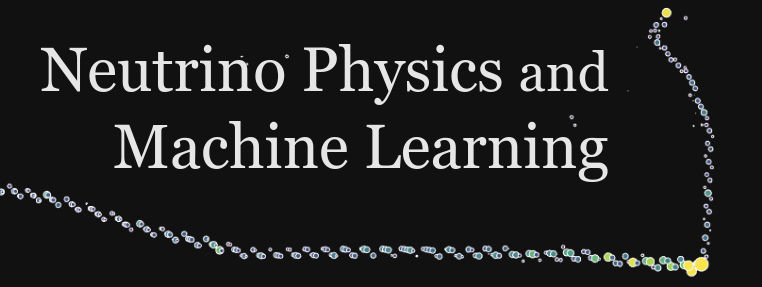Speaker
Description
The NEXT (Neutrino Experiment with a Xenon TPC) experiment searches for neutrinoless double-beta decay in 136Xe using a time projection chamber (TPC) filled with enriched xenon gas at high pressure. NEXT can reconstruct the extended ionization tracks left by electrons in the gas. Using this information we can select events with two electrons with a common vertex (double beta decay) from the background of single electron events (mostly produced by the Compton scatters of high energy gammas). Here we present the use of neural networks for this discrimination. Using data from the NEXT-White detector and a model of signal using pair-production events at 1.59 MeV we will show that a deep convolutional network, trained on Monte Carlo events, can provide good discrimination between one- and two-electron tracks. We also explore scalability of the network to larger detector volumes via sparse convolutions and discuss measures for ensuring robustness of the network despite differences in Monte Carlo simulation and experimentally acquired data.



